Aluminum Casting Filter Factory provides Ceramic foam filter, which has high strength, repeatable tortuous path, thermal shock resistance, and will not produce debris into the filtrate.
Each filter we produce is sintered at a high temperature to fully sinter the ceramic body.
They will not drop slag to release impurities into the melt. Different sizes of ceramic foam filters have variable pore sizes and internal surface areas.
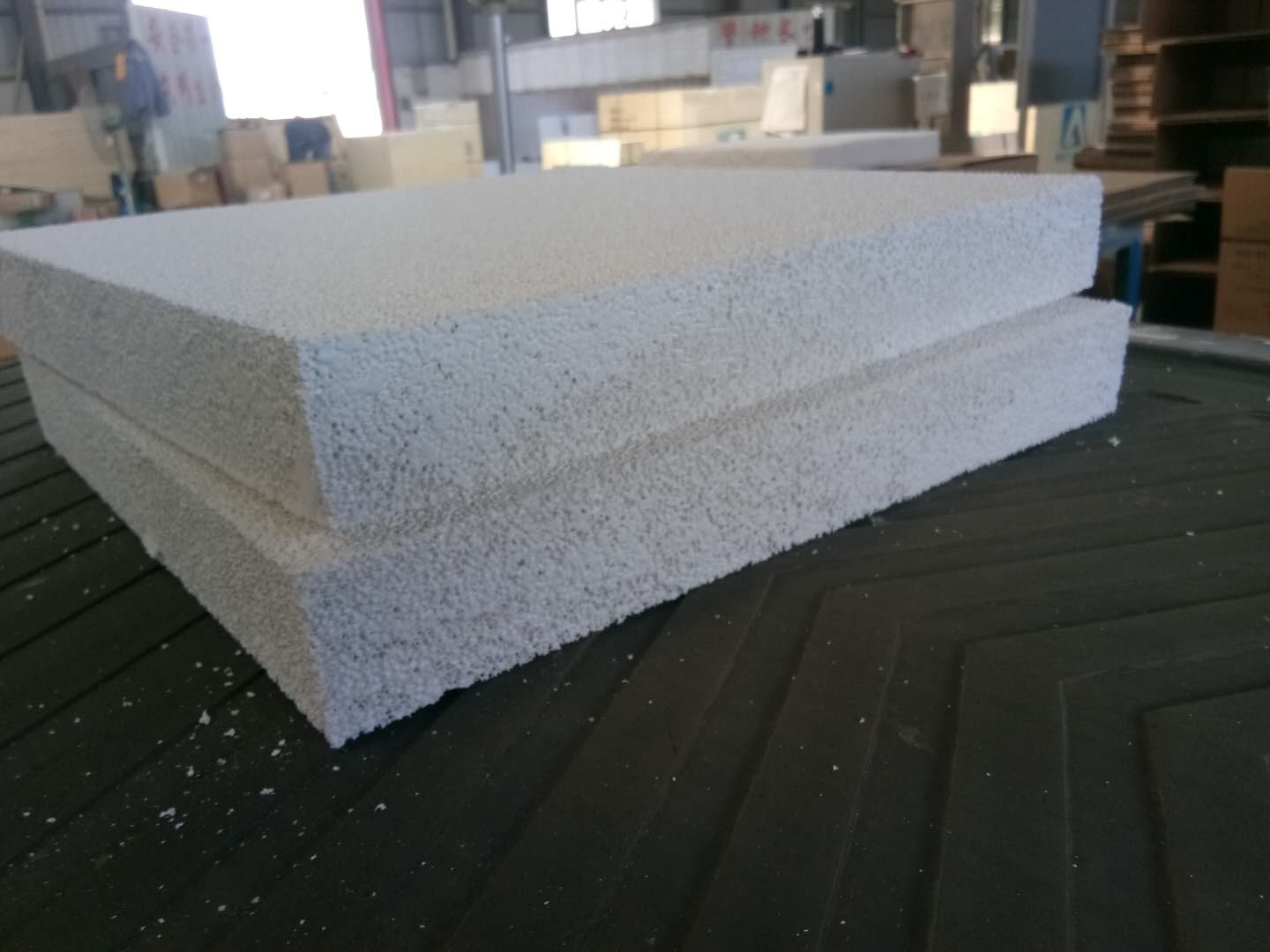
Ceramic foam filter Dimention
660x660x50(26″)
584x584x50(23″)
508x508x50(20″)
432x432x50(17″)
381x381x50(15″)
305x305x50(12″)
228x228x50(9″)
178x178x50(7″)
Ceramic foam fitler Pore Size (PPI): 10/20/30/40/50/60
Rusal giant Rusal said it plans to increase its aluminum production by 19% to 4.4 million tons by 2021 to meet growing global demand. The company predicts that by 2021, as the demand for “green” aluminum and advanced alloys grows at a faster rate, global demand will grow at a rate of 4% to 5% per year. By 2021, the global demand for primary aluminum is expected to increase by 13.5 million tons to 73.2 million tons.
Aluminum Casting Filter Factory will provide Rusal with green products such as ceramic foam filter and refining flux.
The company also stated in its May speech that its goal is to use 100% of non-carbon energy in aluminum smelting by 2020, an increase of 5% from the current level.
Rusal also plans to increase sales of value-added products by 47% from 2016 to 2.5 million tons by 2016. RUSAL’s value-added aluminum products, such as alloys in the form of steel ingots, bars, billets, slabs, and wire rods, are used in the automotive and power industries at its Siberian production smelter.
Rusal overall production plan includes the output of its Siberian Boguchansk and Taishet aluminum projects. Rusal started construction of the Taishet plant in 2007, but the construction was postponed due to the sluggish aluminum market. As global aluminum prices have risen 12% so far in 2017, the company plans to resume the project.
Per capita aluminum consumption in Russia is about 5.6 kg, while the global average is 8 kg. Post-Soviet countries and Russia currently consume 1.4 million tons of aluminum each year, of which 1 million tons are primary aluminum and 400,000 tons are secondary metals. RUSAL hopes that the total annual consumption of Russia and the Commonwealth of Independent States (CIS) will increase to 2.1 million tons by 2021.
The company also plans to pay dividends regularly and reduce its net debt to contractual income ratio to less than three times within five years. Aluminum Casting Filter Factory congratulates it through sales@adtechamm.com.
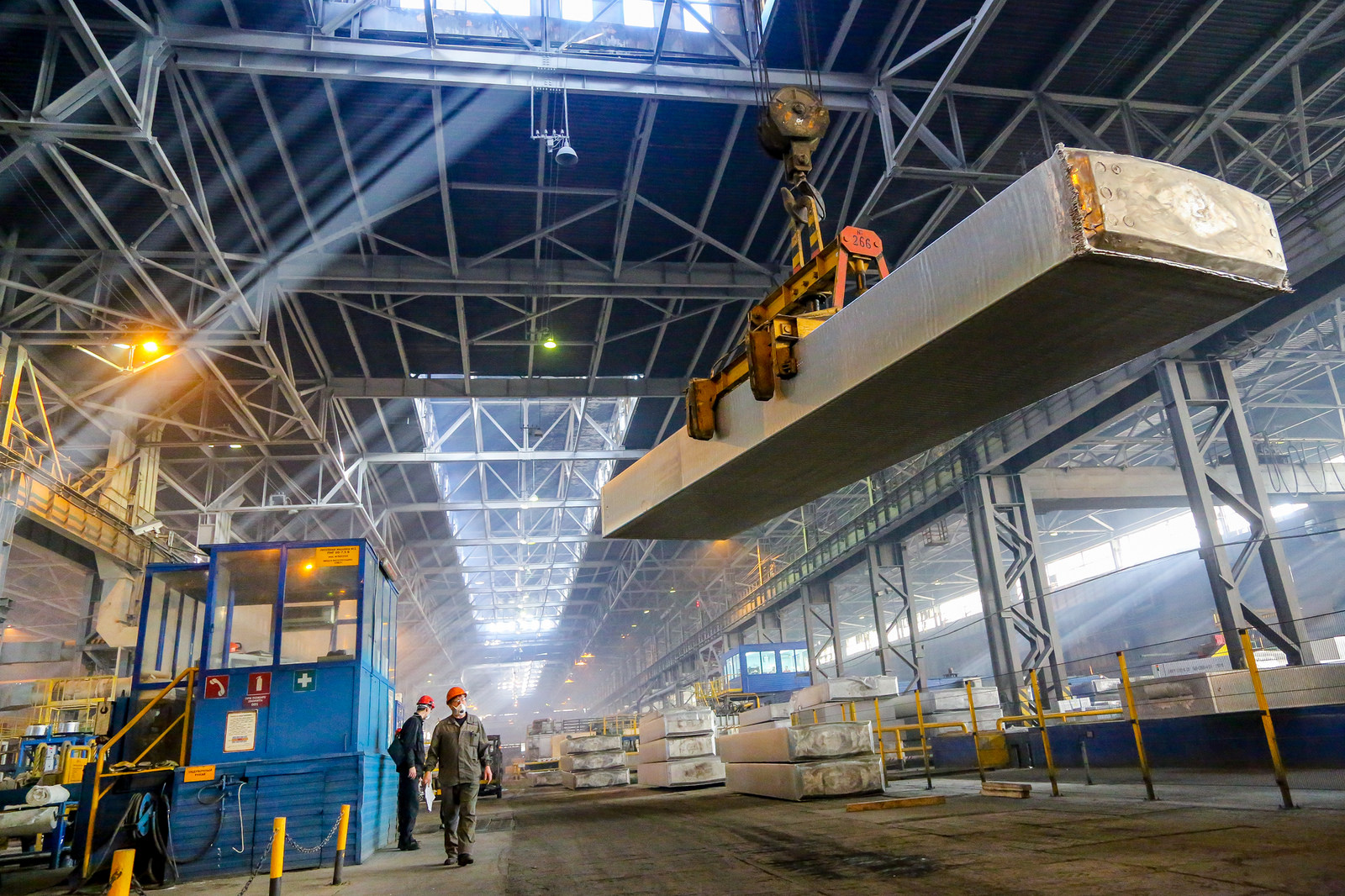

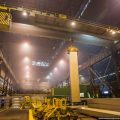
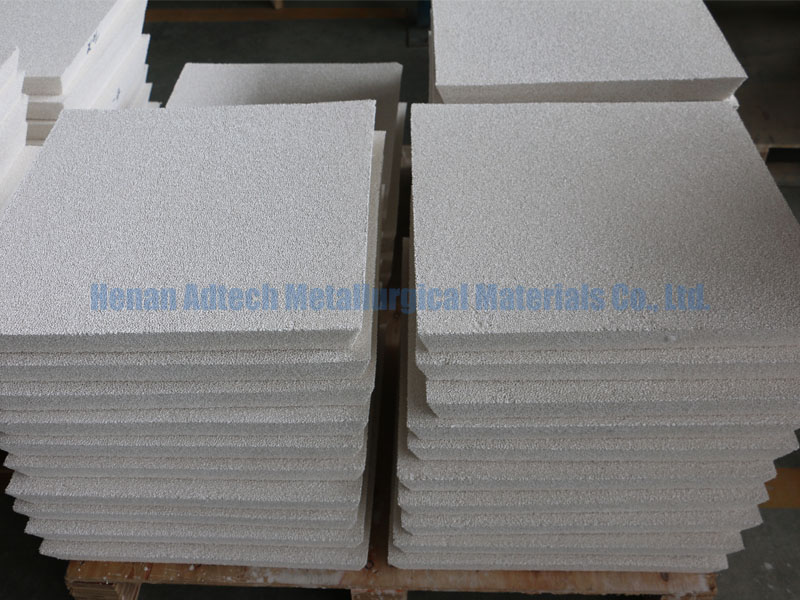

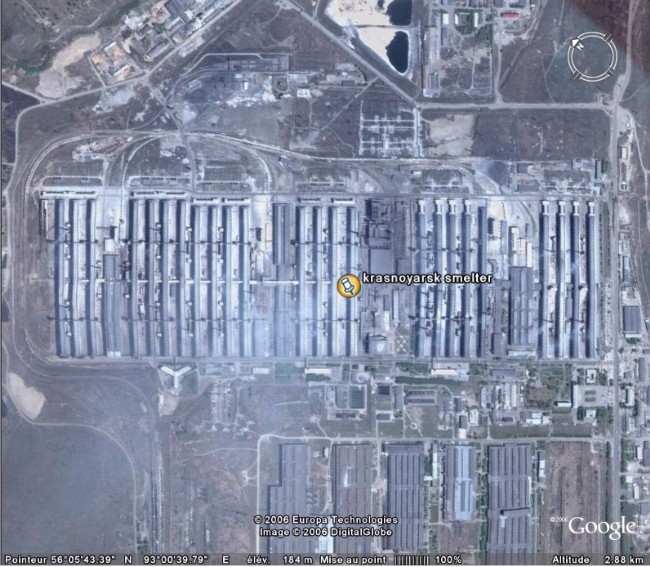
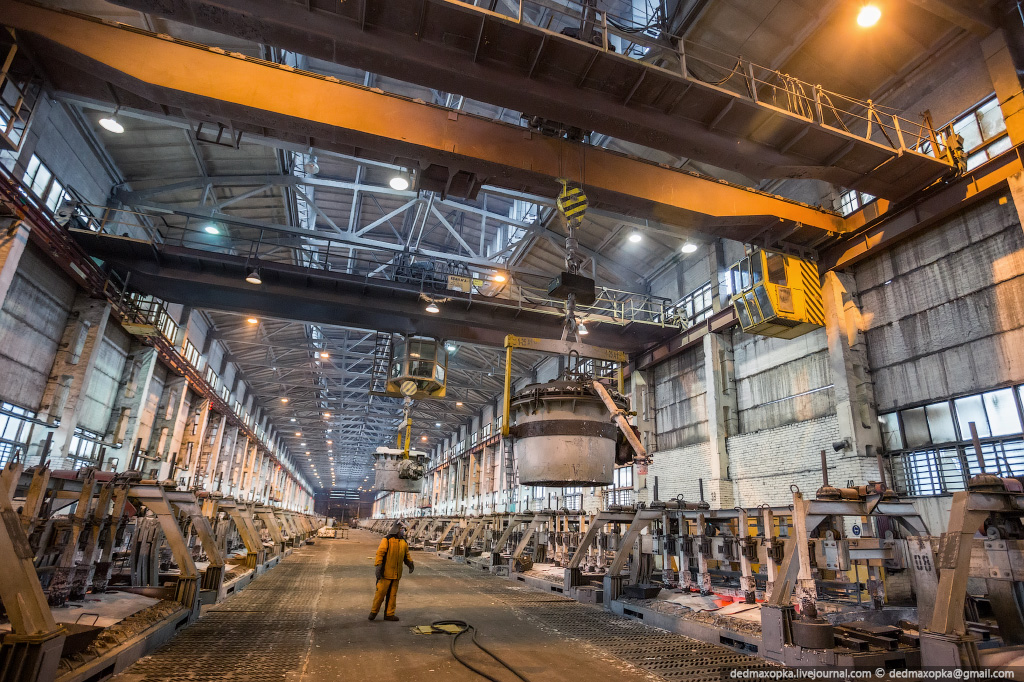

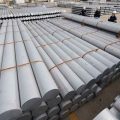


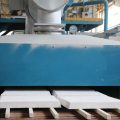
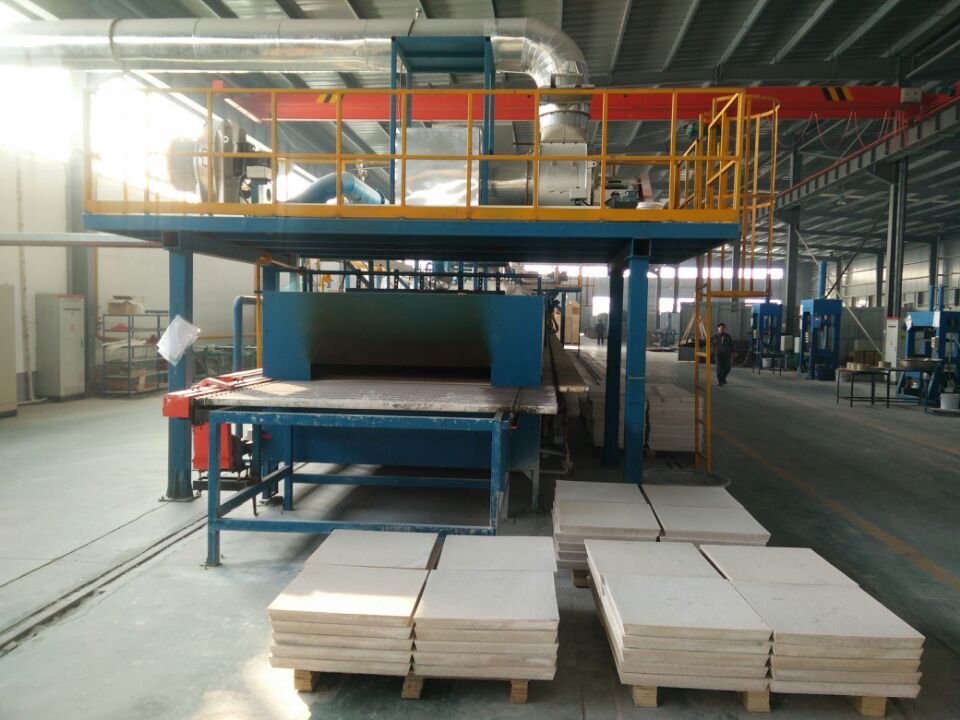

[…] Aluminum Indonesia Jakarta sent the latest news to China about the electric vehicle production line and the million-level aluminum smelter. […]